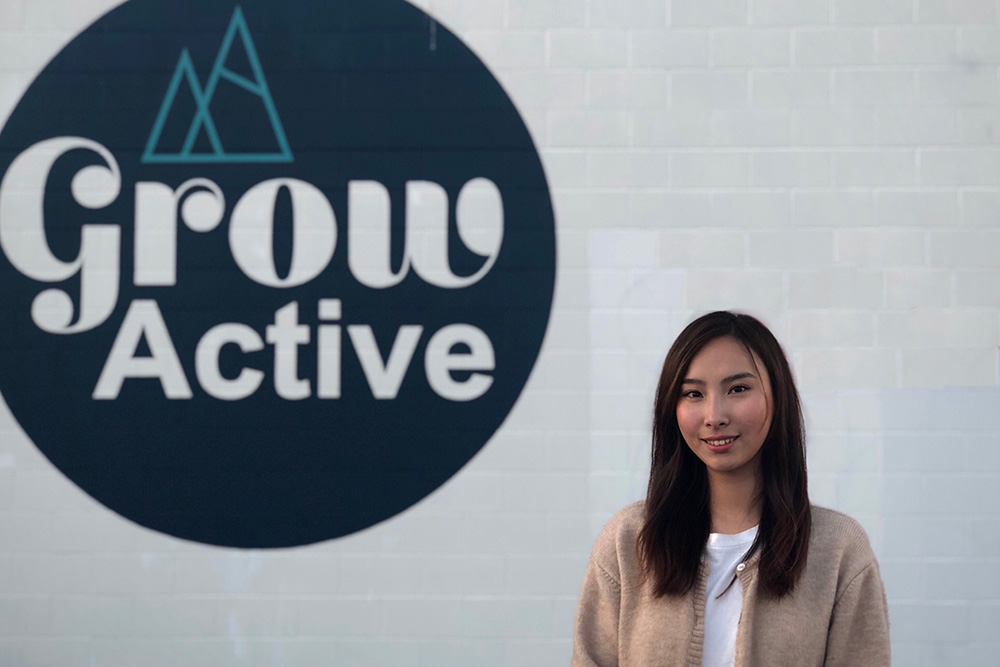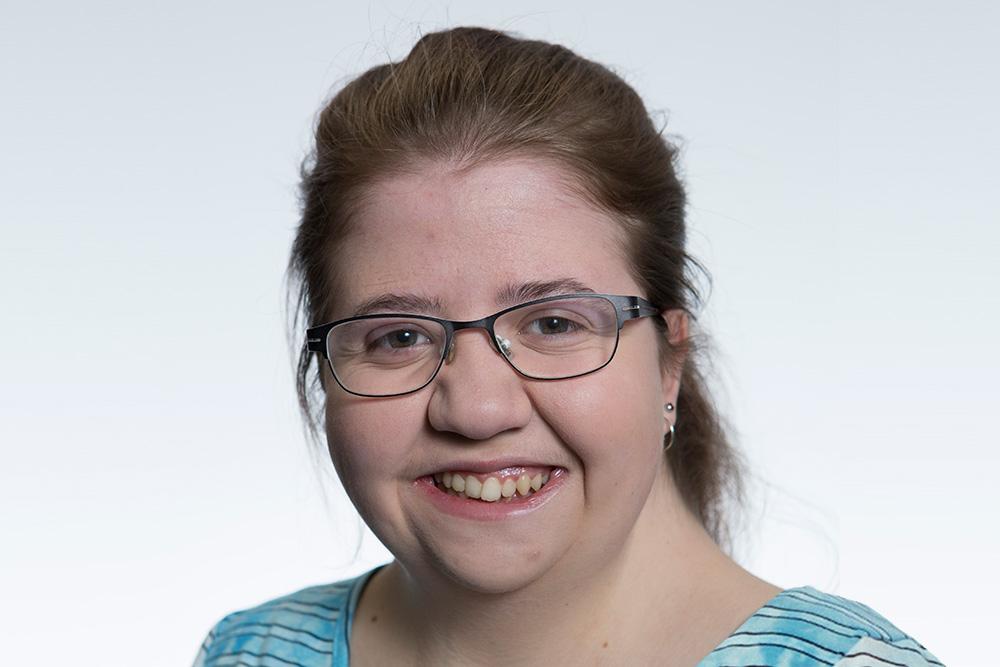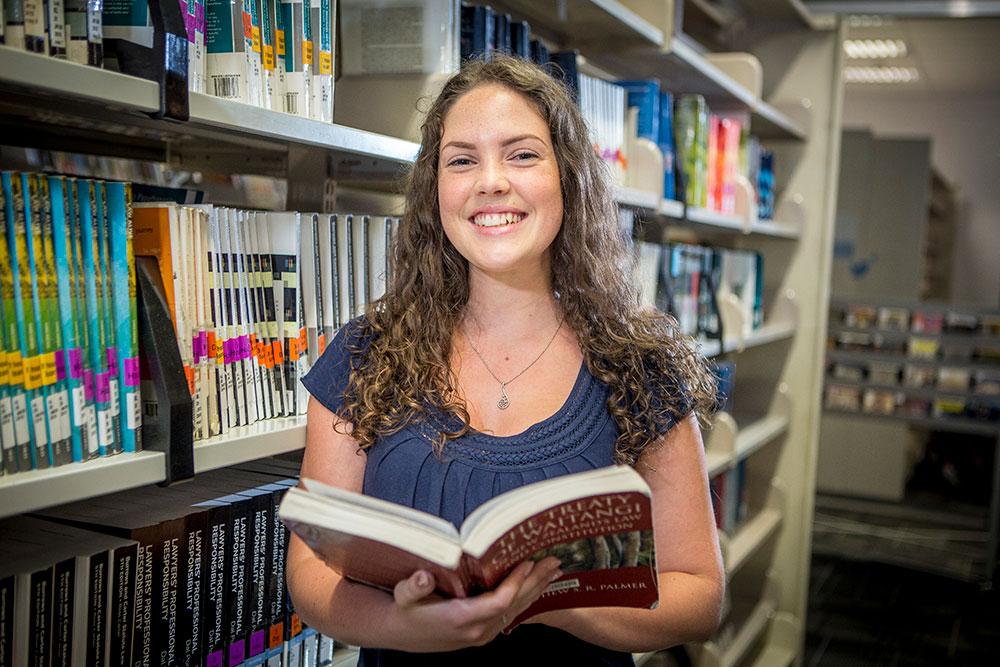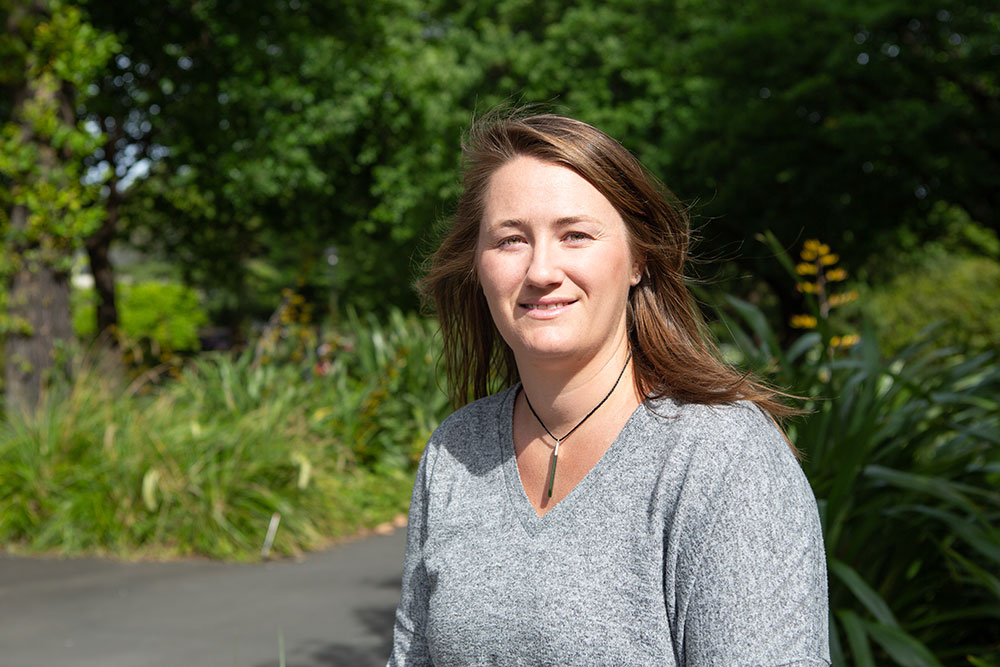Inspire young minds through play
As an Early Childhood teacher you will have the chance to engage with tamariki when they are most open to learning. You'll have fun playing, laughing and learning with and from tamariki, knowing that no two days are ever the same.
As an early childhood teacher, you might inspire children's imaginations through building blocks and play dough one day, and the next day support the development of social skills and cooperation with group activities like gardening, playing musical instruments or preparing a meal.
With support from whānau you will be able to make a difference at this key stage of development. Through guided play you can help tamariki gain the skills they need for holistic development. It’s a very challenging and satisfying career where you can make a real difference to the lives of our tamariki.
Early Childhood Teacher Education students:
- Are interested in working with infants, toddlers, young children, whānau and their communities
- Are patient and creative
- Are good at communicating
- Are passionate about nurturing and cultivating a love of learning in others
Some students go straight into teacher education after secondary school because they love working with young children while other students start their studies after having their own children and realising the importance of early childhood education on young children’s development.
You'll learn about the theory, practice and management of teaching, including the place and role of education, the characteristics of learners and the teaching-learning process. You'll also learn about Te Whāriki, the Early Childhood curriculum, to prepare you for the profession of teaching.
You will spend numerous weeks placed in a centre where you can developing your teaching and putting your learning into practice. By the end of your time at UC you will be ready to begin your career as an Early Childhood teacher.
There are three qualification pathways for Early Childhood Teaching at UC:
Ako: Bachelor of Teaching and Learning (Early Childhood)
The Ako: Bachelor of Teaching and Learning (Early Childhood) prepares you for a teaching career in different early childhood settings. This pathway is available on campus in Ōtautahi Christchurch by or distance study. The degree takes three years of full-time study, or can be studied part-time for up to six years.
If you would like to study by distance you will need to attend on-site intensives (OSI) in Ōtautahi Christchurch, one of which is a two-week OSI at the beginning of the programme.
Ako: Bachelor of Teaching and Learning (Mātauranga Māori)
The Ako: Bachelor of Teaching and Learning Mātauranga Māori endorsement prepares you for a teaching career in different early childhood settings. The degree takes three years of full-time study, or can be studied part-time for up to six years. This pathway prioritises te reo Māori me ōna tikanga, and is founded on mātauranga Māori (Māori knowledge), Māori philosophies, and values.
The Mātauranga Māori Initial Teacher Education pathway will equip you to work in whare kōhungahunga (early childhood) and/or kura tuatahi (primary) settings working at level 2 (51–80% te reo Māori immersion) or higher. A graduate of the Mātauranga Māori programme has the ability to work in bilingual English medium educational settings, where knowledge of te reo Māori me ōna tikanga, bicultural practice, and culturally empowering pedagogies are valued as a means to support child development.
- He ako ā-rorohiko, ā-kanohi kitea hoki te momo ako, nā reira, ka taea te ako mai tawhiti. Heoi anō me matua tae ā-tinana mō ētahi wāhanga o ia tau, he noho marae ki te hau kāinga o Kāi Tahu ia tau.
This is a mixed method style of delivery with content being available online, therefore there is the ability to learn from anywhere. Kanohi ki te kanohi (face to face) delivery will also be included in the programme through scheduled block wānanga each year and one noho marae each year.
For more information, kōrero with a Student Advisor.
Graduate Diploma in Teaching and Learning (Early Childhood)
If you already have a Level 7 NZ bachelor's degree or equivalent, you can apply to enrol in the one-year Graduate Diploma in Teaching and Learning Early Childhood. This programme can be studied full-time or part-time by distance (Flexible Learning Options). It includes 15 weeks of professional practice placements in early childhood centres. Distance students study their programme off campus, and attend on-campus intensives.
Successful completion of any of these pathways lead to eligibility to apply for Teaching Council of Aotearoa New Zealand registration. However, there are differences in the duration, focus and qualification awarded. Specifically, the Ako: BTchLn is a three-year undergraduate programme, while the GradDipTchLn is a one-year programmes for those with a bachelor's degree. Below is a quick overview of the differences between the programmes.
| AKO:BTCHLN | GRADDIPTCHLN | |
| Level of qualification | Undergraduate | Graduate |
| Qualification Duration | 3 years full-time | 1 year full-time |
| 2024 Course dates | 12 Feb - 8 Nov 2024 (distance students) 15 Feb - 8 Nov 2024 (campus students) | 29 Jan – 8 Nov 2024 |
| Student Loan Eligibility* | Yes | Yes |
| Student Allowance Eligibility* | Yes | Yes |
*Source - https://www.studylink.govt.nz/
The Ako: Bachelor of Teaching and Learning is open to any student with University Entrance. English and Mathematics are recommended.
If you are 20 years of age or over, recent tertiary study is desirable. For example, you may want to consider the Certificate in University Preparation (CUP) before applying.
Selection for entry is not automatic and is based on:
- Academic ability
- Involvement and interest in working with children
- Community involvement
- Communication skills – you need to be able to communicate your ideas clearly, confidently and coherently, and to listen and respond to others appropriately
- A police check and an interview
English Language Competency requirements for Initial Teacher Education programmes
To gain entry into an Initial Teacher Education programme you must meet certain standards of English or te reo Māori language competency as required by the Teaching Council of New Zealand.
Information on the current English Language Competency requirements can be found at https://teachingcouncil.nz/getting-certificated/for-overseas-trained-teachers/language-competency-requirements/
Note: we will accept and progress your application even if you haven’t yet met the English Language Competency requirements at the time you submit your application. If your application is successful any offer will be conditional on meeting English Language Competency requirements. A full offer will not be provided until this requirement has been met.
All Initial Teacher Education programmes have one intake each, starting in January or February.
Applications for teacher education programmes will close on 1 December each year for domestic applicants (31 October each year for international applicants). While we process applications as they are received, many of our programmes have a limited capacity for places and applications may close earlier if this capacity has been reached.
Our teacher education programmes have specialised application processes. Please read the Guide to applying section and complete the steps, before applying through myUC.
Before applying, it’s important to consider the commitment you are making to a professional education programme. To be successful, you will need to devote a significant amount of time each week to study and preparation, as well as demonstrate a commitment to professionalism in all areas.
- Find out more about Studying Teacher Education commitments
Graduates of our Early Childhood Teacher Education programmes will be eligible for provisional registration. This enables you to apply for early childhood teaching positions in Aotearoa New Zealand. Please contact the relevant authorities for international requirements.
Teachers have many opportunities to progress to senior positions with experience and additional study such as our Postgraduate programmes. They can also use their teaching skills in other areas of work with young people (e.g. teaching trainee teachers, or working in curriculum development, research or education policy).
For more information visit the UC Careers Hub.





